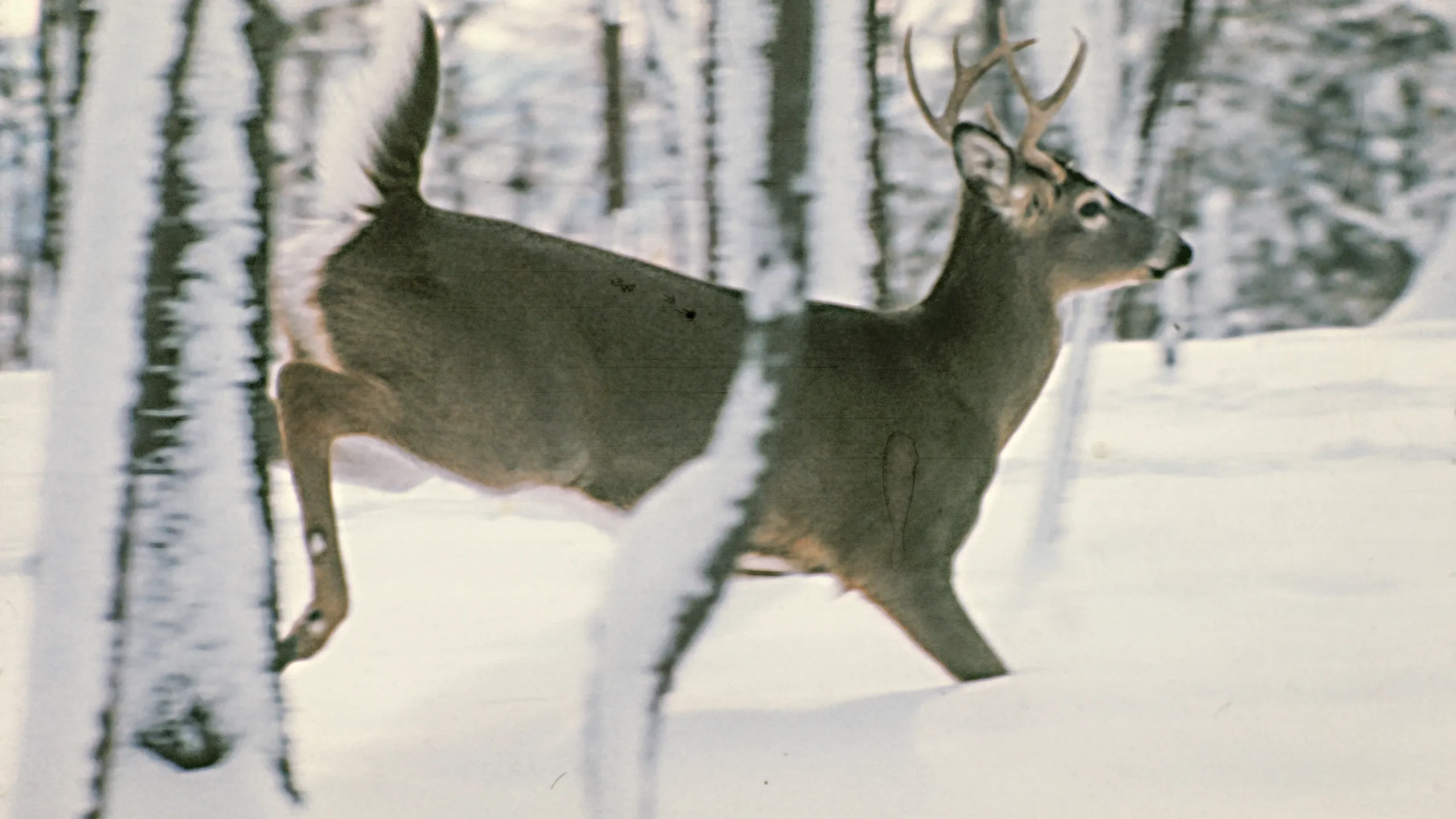
Five environment, agricultural and wildlife laws that took effect this summer
How did your country report this? Share your view in the comments.
Diverging Reports Breakdown
Five environment, agricultural and wildlife laws that took effect this summer
Republican Gov. Phil Scott signed 73 bills into law this year, many of them either going into effect or beginning to go into effect this summer. The bill to law process will begin again in January, when lawmakers reconvene in Montpelier for the next legislative session and second half of the biennium. Several of the new laws address environmental, agricultural and wildlife-related issues in Vermont. They include big game violations, nuisance suits against farmers, water pollution, forever chemicals and financial support for communities recovering from disasters. The law also temporarily cracks down on the possession, sale and importation of pond slider turtles, save for a few exemptions, until regulations can be put into place. The act also allows Vermonters with developmental disabilities to apply for free permanent fishing licenses and establishes Labor Day weekend as “free mentored fishing weekend’s” “Free Mentored Fishing Weekend’“‘’ ‘” is a term used to refer to a state law that prohibits the “intentional” taking of reptiles or amphibians without permission from DFW.
Several of the new laws signed this year address environmental, agricultural and wildlife-related issues in Vermont, including big game violations, nuisance suits against farmers, water pollution, forever chemicals and financial support for communities recovering from disasters.
Below are explanations on five environmental, agricultural and wildlife-related laws that took effect or began to take effect this summer.
The bill to law process will begin again in January, when lawmakers reconvene in Montpelier for the next legislative session and second half of the biennium.
Increasing big game violation fines, pond slider turtle crack down, more
What it does: Act 47 covers wide-ranging topics related to fish and wildlife laws. The act amends the definition of a big game violation and increases the penalties for it. For first-time offenders, the new minimum fine is $500, up from $400, and the new maximum fine is $2,000, up from $1,000. The maximum fine for subsequent convictions increased from $4,000 to $5,000, and the maximum prison sentence for repeat offenders increased from 60 days to 180 days. The law also repeals the state statute requiring the Department of Fish and Wildlife to compensate farmers for crop damage from deer or black bears. Additionally, it temporarily cracks down on the possession, sale and importation of pond slider turtles, save for a few exemptions, until regulations can be put into place.
The act also allows Vermonters with developmental disabilities to apply for free permanent fishing licenses and establishes Labor Day weekend as “free mentored fishing weekend,” where no more than four unlicensed anglers can fish with licensed anglers during the weekend. As of Jan. 1, 2027, the act will prohibit the “intentional” taking of reptiles or amphibians without permission from DFW. The law makes several other miscellaneous clarifications and amendments to fish and wildlife statutes.
When it goes into effect: Multiple effective dates, beginning June 5, 2025.
Protecting farmers from nuisance suits
What it does: Act 61 strengthens farmers’ protections from “nuisance suits.” The law asserts that an agricultural activity will not be considered a “nuisance” if it falls under the umbrella of “generally accepted agricultural practices” in Vermont. However, farmers must have “good standing” with the state for nuisance protections to apply. Nuisance protections also do not apply in the case of negligence or if the activity can be objectively shown to have negatively impacted one’s health, safety, welfare, use or enjoyment of the property. The plaintiff has the burden of proof and must have attempted to resolve the matter with the farmer via mediation at least once before bringing a court action.
When it goes into effect: July 1, 2025.
Improving compliance with federal Clean Water Act
What it does: Act 67 seeks to help bring Vermont into compliance with the federal Clean Water Act, which dictates how states must regulate water quality and the discharge of pollutants into water. The Act aims to clarify the responsibilities of the two state agencies that regulate agricultural water quality on farms, the Agency of NaturalResources and the Agency of Agriculture, Food and Markets. Last year, the Environmental Protection Agency determined Vermont was in violation of the Clean Water Act for not adhering to farm pollution regulations, especially those governing concentrated animal feeding operations (e.g. facilities with a large number of animals held in confined spaces).
When it goes into effect: July 1, 2025.
Phasing out PFAS products
What it does: Act 54 sets in motion bans on the sale and distribution of several consumer products with “intentionally added” PFAS – also known as “forever chemicals,” which can cause serious health issues – including cleaning products, dental floss, fluorine treated containers, firefighting personal protective equipment (PPE), respirators and respirator equipment. Vermont currently bans PFAS from items like food packaging and residential carpets and rugs, and is phasing out the chemicals in menstrual products, cookware and more.
When it goes into effect: Multiple effect dates, beginning July 1.
Financial support for flood-impacted communities
What it does: Act 57 provides greater financial leeway to Vermont communities recovering from disasters, such as the 2023 and 2024 floods. Under this law, municipalities will have five years to pay off emergency loans (versus just a year previously), can repay the loans in smaller chunks at the beginning of their repayment plan, can keep more revenue from their local option taxes, can set aside “unassigned funds” for future emergencies and more.
When it goes into effect: Multiple effective dates, beginning June 11.
Megan Stewart is a government accountability reporter for the Burlington Free Press. Contact her at mstewartyounger@gannett.com.
